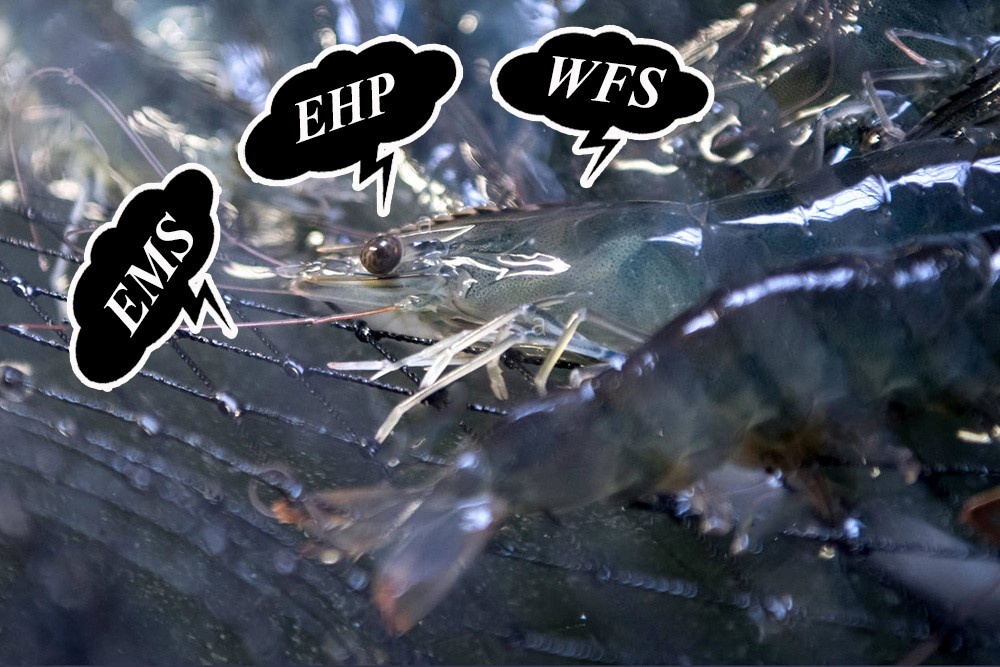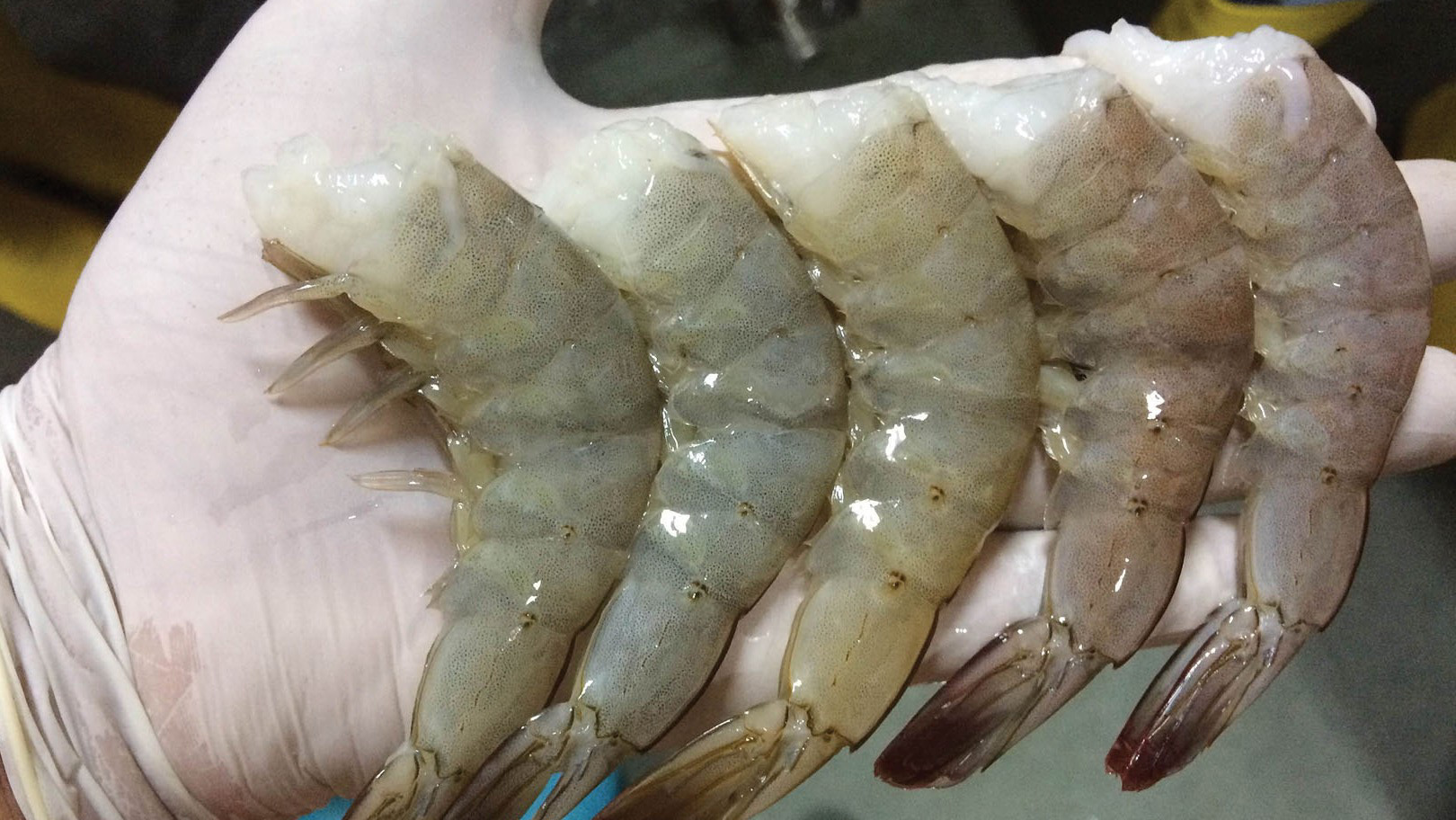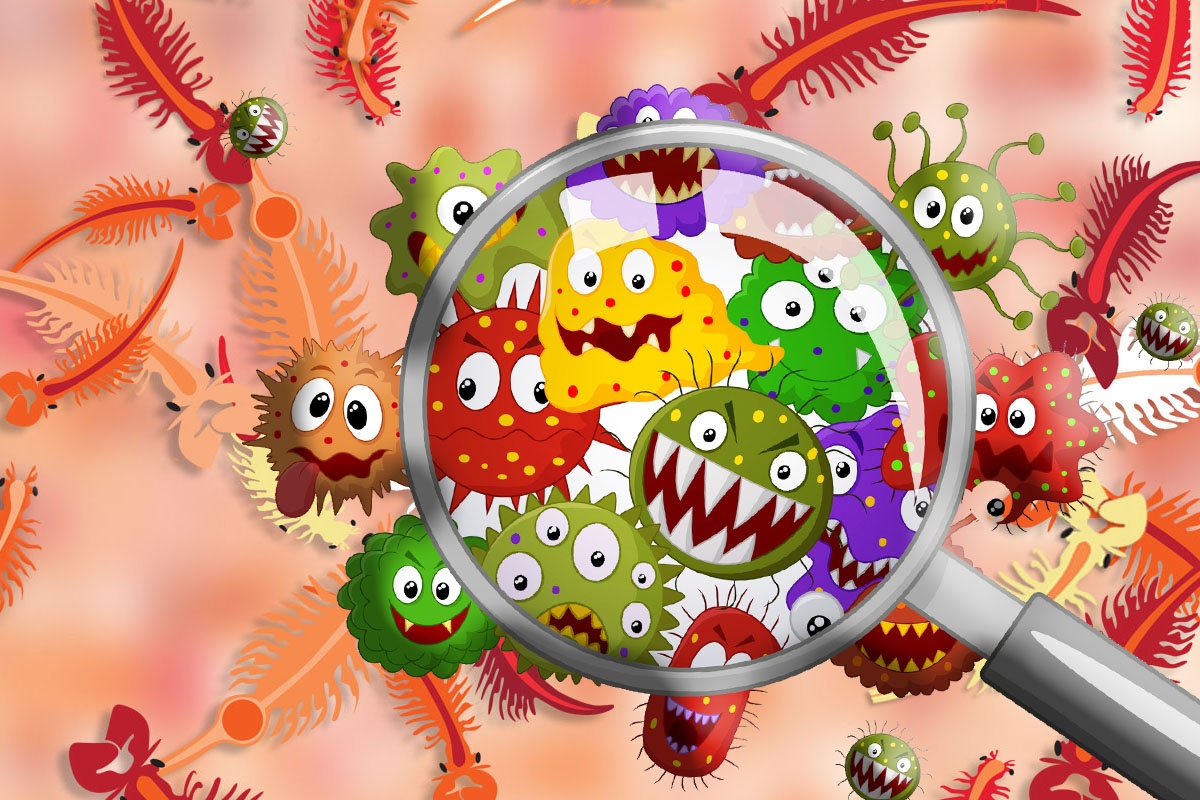Technical Information
Stimulate growth of black tiger shrimp with organic acids
Supplementation of organic acids in feed is considered an effective measure for disease prevention, growth promotion and reduction of feed conversion ratio (FCR), helping to increase productivity during culture.

Supplementing with organic acids helps to increase productivity when raising black tiger shrimp.
However, the direct application of organic acids or salts of organic acids to aquafeeds, especially industrial feeds, is still a completely new technique. Organic acids or salts of organic acids added to aquafeeds usually include lactic acid and sodium lactate, acetic acid and sodium acetate, propionic acid and sodium propionate, formic acid and sodium formate or potassium diformate.
Current studies involving organic acids and aquatic animals have mainly focused on their ability to enhance the absorption of phosphorus and other minerals. In addition, they also have other effects such as: Inhibiting the growth of harmful microorganisms (mold, yeast, pathogenic bacteria) existing in the living environment, in food and in the body. of aquatic animals. In addition, it also reduces pH in the stomach, especially in the small intestine, dissociates in bacterial cells, and the accumulation of salt anions inhibits the growth of gram-negative bacteria. Adding organic acids to feed can lead to low pH in the duodenum, improving nitrogen retention and increasing digestibility of nutrients thereby improving growth rate and reducing feed conversion ratio. .
Study on the application of organic acids to the feed of black tiger shrimp to evaluate the growth performance and nutrient retention efficiency of black tiger shrimp fed organic acids (butyrate, succinate and fumarate) individually (10g/ kg ) or in combination (30g/kg) and the control treatment without the addition of organic acids.
After 42 days, survival was significantly higher in the combined BUT and supplemental treatments than in the control.
The addition of butyrate, succinate and the combination showed a reduced feed efficiency compared to the control group (1.3-1.7 vs. 2.4 in the control).
Both the butyrate and the combined treatments had higher biomass than succinate, fumarate and the control treatment (28.3g versus 11.2-1919g). The results also showed a strong relationship between biomass gain and total food intake in the dietary treatments.
The addition of succinate, butyrate, and the combination supplement increased overall nutrient retention compared with the control, with butyrate and the combined supplement showing the highest overall nutrition for all multinutrients. amount examined (crude protein = 26.7% and 24.6% vs 15.3%, total lipid = 19.2% and 17.7% vs 10.6%, ash = 25.1% and 23.1% vs 12.1% and total energy = 17.7% and 16.3% vs 10.2%).
In summary, the combined supplementation of organic acids (fumarate, butyrate and succrate) at the dose of 30 g/kg feed and the addition of butyrate 10 g/kg improved survival, enhanced immunity, and stimulated growth and nutrient retention efficiency in black tiger shrimp.




